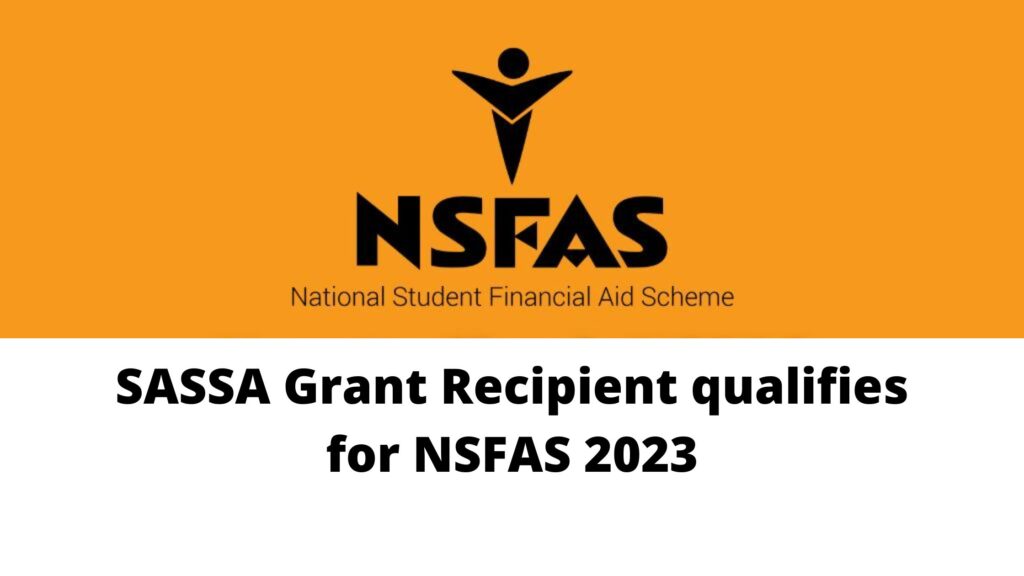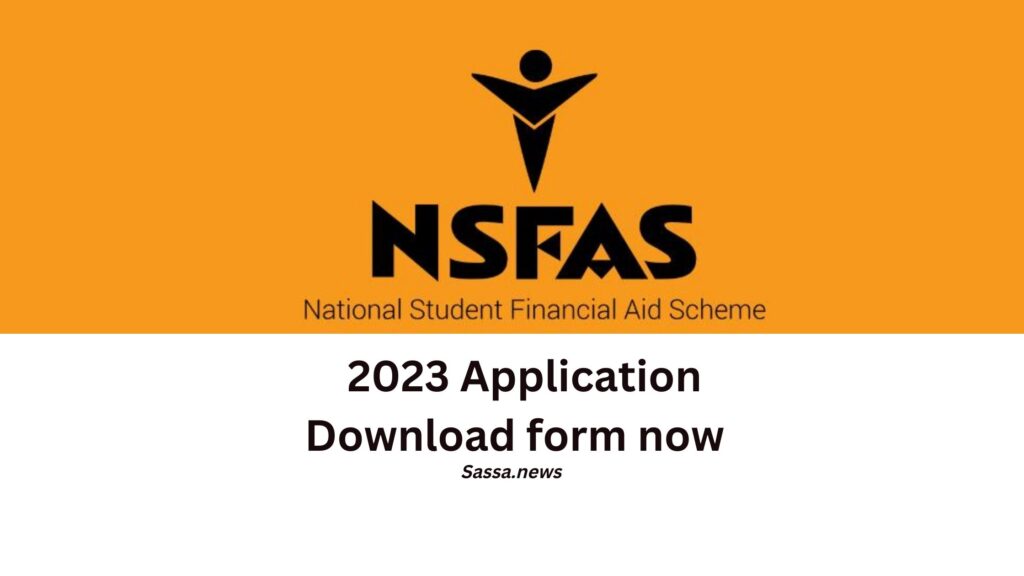Nsfas has many requirements and if they are not met then applicants may have their application rejected, here are reasons why your 2023 application may have been rejected.
The National Student Financial Aid Scheme (NSFAS) is a government bursary scheme that provides funding for disadvantaged South African students who are pursuing a degree at a public university or TVET college in the country.
Applications for the 2023 academic year opened on 28 September 2022 and will close on 31 January 2023.
While the bursary scheme accepts thousands of students, many applicants also have their applications rejected by Nsfas. This is usually because applicants do not meet the requirements to be funded by the bursary scheme.
Nsfas will provide an application status which will explain why the application was rejected.
Here are reasons why your application may have been rejected:
- NSFAS status: Application is deceased: Two situations apply to this Nsfas status:
- The applicant is applying using someone else’s name who is deceased and is trying to commit fraud.
- Department of Home Affairs (DHA) information on their system is wrong. In this case, applicants cannot appeal and they must visit the DHA to correct the information.
- NSFAS status: Application received after closing date
- Nsfas will not accept any late applications for 2023. If you receive this status, it means you’re applying once applications are closed and Nsfas will reject your application.
- This status cannot be appealed.
- NSFAS status: DHA Error
- NSFAS wasn’t able to find the applicant on the Department of Home Affairs database.
- This status cannot be appealed.
- NSFAS status: Missing supporting documents
- Required documents needed by Nsfas are missing from the application.
- Most of the time, the one form that’s missing is the declaration form.
- Applicants must submit a declaration form when they are an applicant with no parents.
- This status can be appealed.
- NSFAS status: not eligible for Nsfas funding, funded by other bursary
- Applicant has another bursary. You are not eligible for Nsfas if you are receiving other financial aid.
- This status cannot be appealed.
- NSFAS status: Income greater than R350k
- One of the main requirements for Nsfas is that an applicant (who is able-bodied) has a household income of R350 000 per year or less. If it’s found that their household income exceeds R350 000 per year, they would be rejected.
- This status cannot be appealed.
- NSFAS status: Income greater than R600k
- One of the main requirements for Nsfas is that an applicant living with a disability has a household income of R600 000 per year or less. If it’s found that their household income exceeds R600 000 per year, they would be rejected.
- This status can be appealed.
- NSFAS status: Change from NC(V)/Report 191 in academic career
- This is for TVET College students. There is a clear set of rules when it comes to TVET Nsfas funding and if the rules are not followed Nsfas will reject the application.
- This status cannot be appealed.
- NSFAS status: Change in programme in academic career
- This status cannot be appealed.
- NSFAS status: Did not meet the 50% academic progression requirements
- This is for returning students only. Nsfas has academic requirements for returning students that need to be met to be eligible for nsfas funding.
- This status cannot be appealed.
- NSFAS status: highest qualification level already achieved
- The highest qualification NSFAS funds is undergraduate and they no longer fund postgraduate courses. They will also not fund those who already gained an undergraduate qualification.
- This status can be appealed.
- NSFAS status: incorrect progression
- This status can be appealed.
- NSFAS status: n+ rule exceeded
- Currently, the N+1 rule is in place which means that students only have N+1 years to finish a degree. “N” is minimum number of years allocated to complete a qualification (i.e. record time). The “+1” refers to the extra year that a student may need to complete the qualification (making the maximum time).
- Whether you can appeal or not is conditional.
Applicants are allowed to appeal their rejected applications within 30 days of receiving an unsuccessful application status. When students appeal they must state the reason why and provide supporting documents.
Here’s how to appeal on myNsfas:
- Log into your “MyNsfas” account on www.nsfas.org.za
- Click the ‘Track Funding Progress’ option
- Check the application progress tabs
- If your application status reflects an unsuccessful message, you may submit an appeal by clicking on the ‘Submit Appeal Tab’
- Once you are on the ‘Application Appeal’ page, you can see the reason for your unsuccessful application status
- You are then able to choose the appeal reason
- Then upload certified supporting documents to support your reason
- Then click ‘Submit Appeal’
- You may now track the progress of the appeal on your myNsfas account.
Applicants must ensure that they include all the required documents in their appeal. Appeals with outstanding documents will be left open for 14 days, after which they will automatically be closed if the required documents are not provided.


